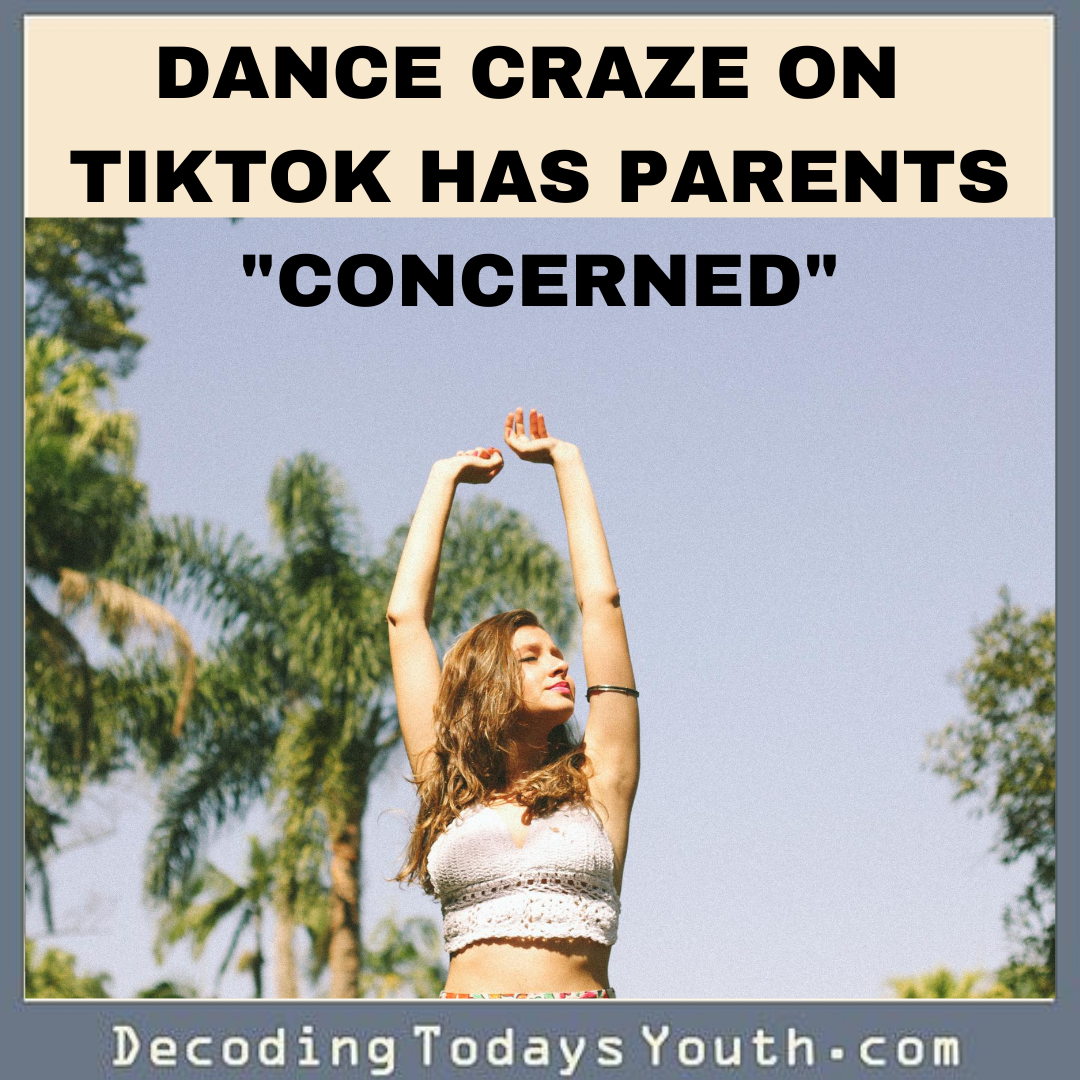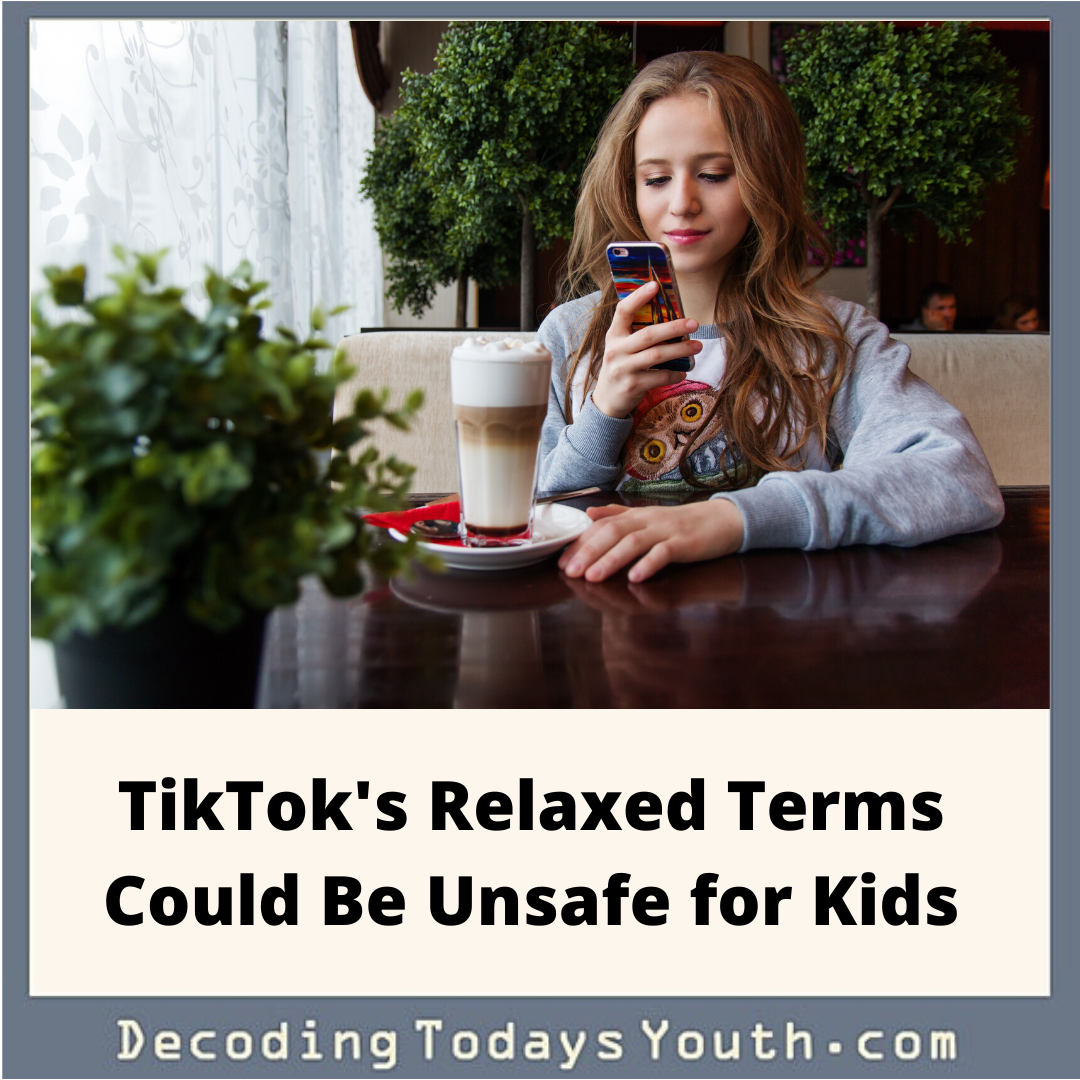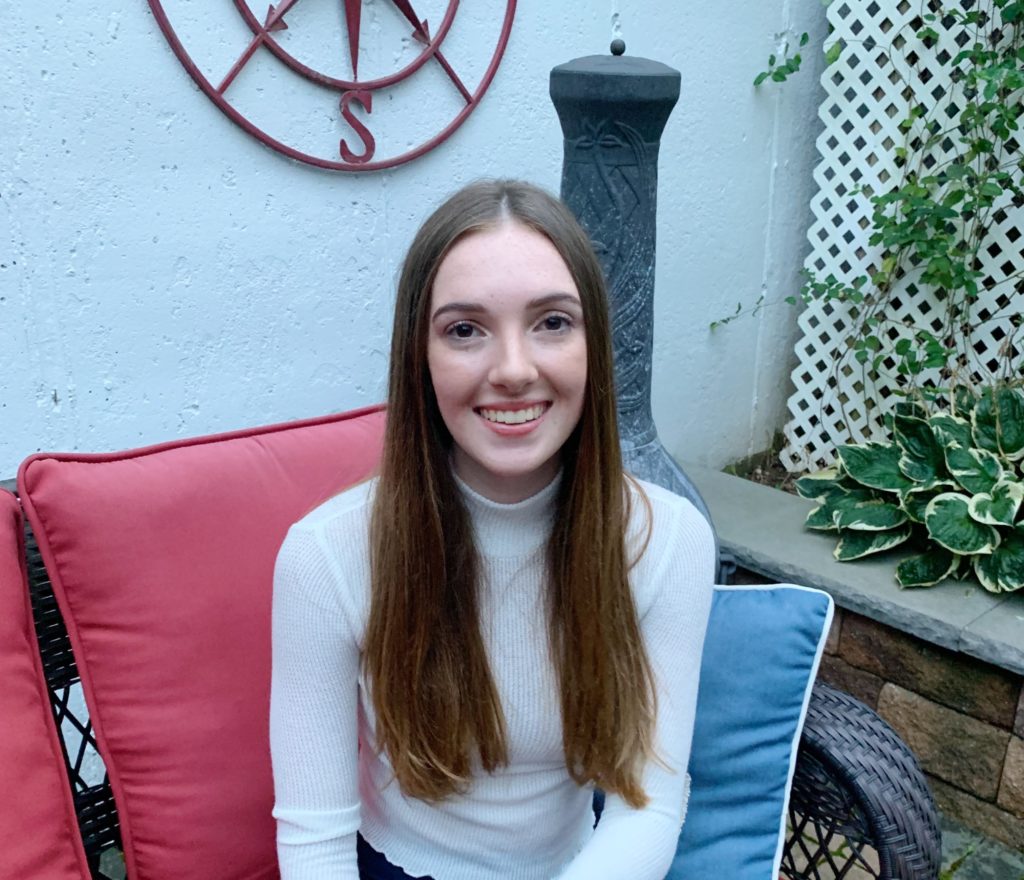
If your kids are like me and many others, their addiction to the social media video app, TikTok, has tremendously grown since the beginning of quarantine.
TikTok has been all over the news lately, due to the fact that President Trump plans to ban the app because of its connection to China and its government. More recently he has asked that its U.S. assets be sold to a U.S. company. In the past few days, news has been announced that TikTok is now planning to sue the Trump administration because of all this.
TikTok is an app filled with different kinds of short videos including content such as dancing, baking, crafting, pranking, etc. Many kids are very fond of the dancing videos, following popular Tiktokers like Addison Rae, and, Charli and Dixie D’Amelio.
While dance videos aren’t necessarily inappropriate content, some of the Tiktokers and the dances they come up with are provocative and can send the wrong message to kids.
After these TikTok influencers come up with a new dance, it has the possibility to go viral and be recreated by millions. Kids and teens love to recreate the dance videos made by their favorite TikTok dancers. They post these recreation videos and tag their favorite dance TikToker to try to also become as popular as them.
An example of a new TikTok dance challenge that is not exactly appropriate is the “WAP” dance. This dance became a viral sensation on TikTok after the release of the song “WAP” by Cardi B and Megan the Stallion. I’m not comfortable telling you what “WAP” means in this blog. You’ll have to Google it.
The lyrics of the song are very raunchy, overly sexual and the context of the song is not something that parents might want their kids listening to. The dance involves lots of twerking, simulated sex acts, high kicks and a split.
The dance is not exactly safe either. One person ended up in the hospital after attempting the dance. This Tiktoker landed on her knee while attempting the dance and had to have her knee popped back into place.
An article in Vice, by Rachel Miller, details how to talk to your children about what the song stands for. She consults Erin Harper, a nationally certified school psychologist, assistant professor of psychology at Texas A&M and author of Dear Mom, You Don’t Get to Have Nice Things.
In the article Miller and Harper discuss how with adolescents and older kids, the song can actually spark a conversation between parent and child about sexuality and having the freedom to express yourself and to be proud of your body.
Overall, it’s up to the parents to decide what is appropriate or not for their kids’ ears. Even though the song can be a gateway to an open and honest conversation, some parents might not want their kids hearing the lyrics in general.
For younger children, they say that they might be too young to discuss the sexual language and content in the song. Instead, they say parents should tell their kids that the song is “about women who are feeling strong and happy.”
Overall, it’s up to the parents to decide what is appropriate or not for their kids’ ears. Even though the song can be a gateway to an open and honest conversation, some parents might not want their kids hearing the lyrics in general.
For more information:
https://www.popbuzz.com/internet/viral/wap-dance-tiktok-challenge/
https://www.bbc.com/news/world-us-canada-53877956



